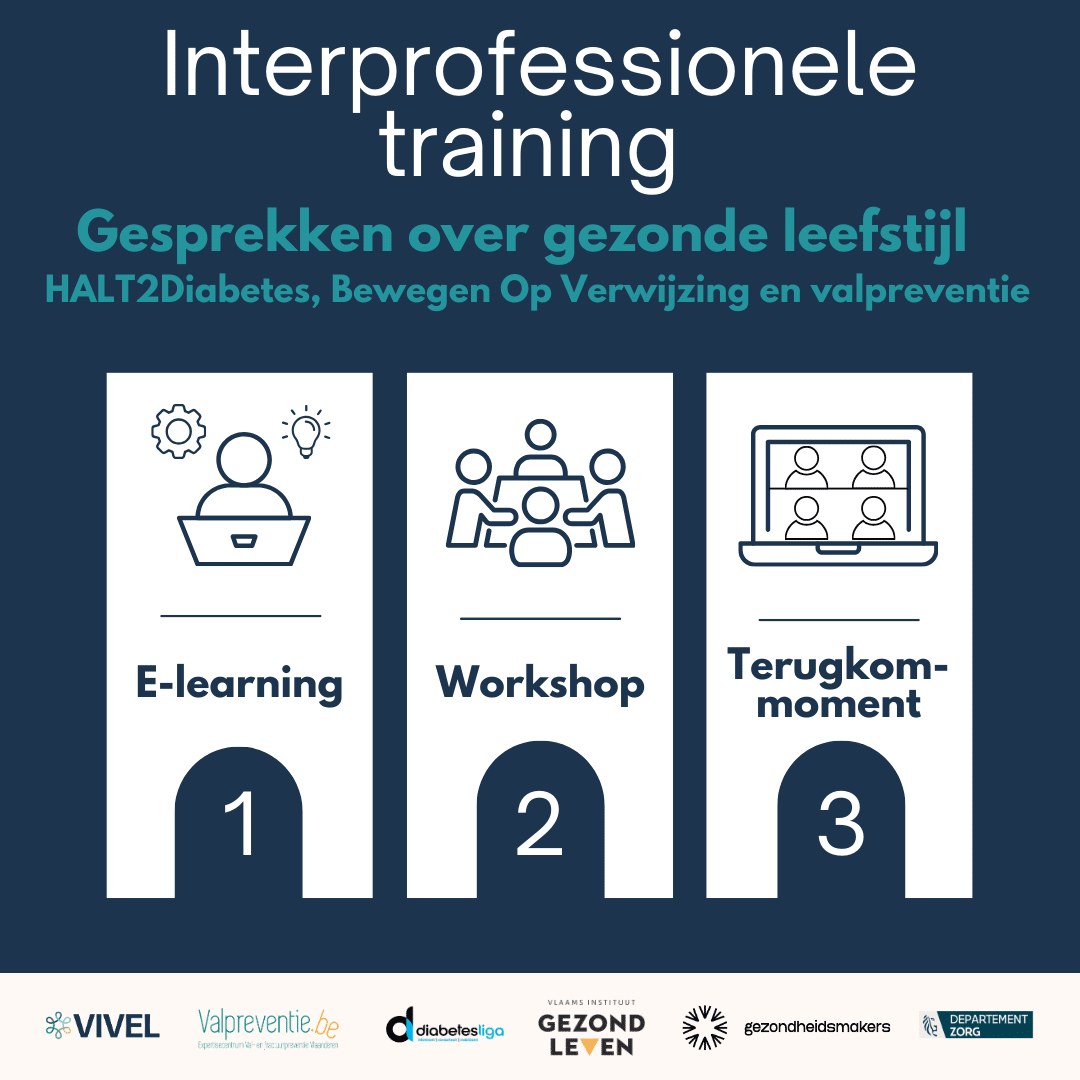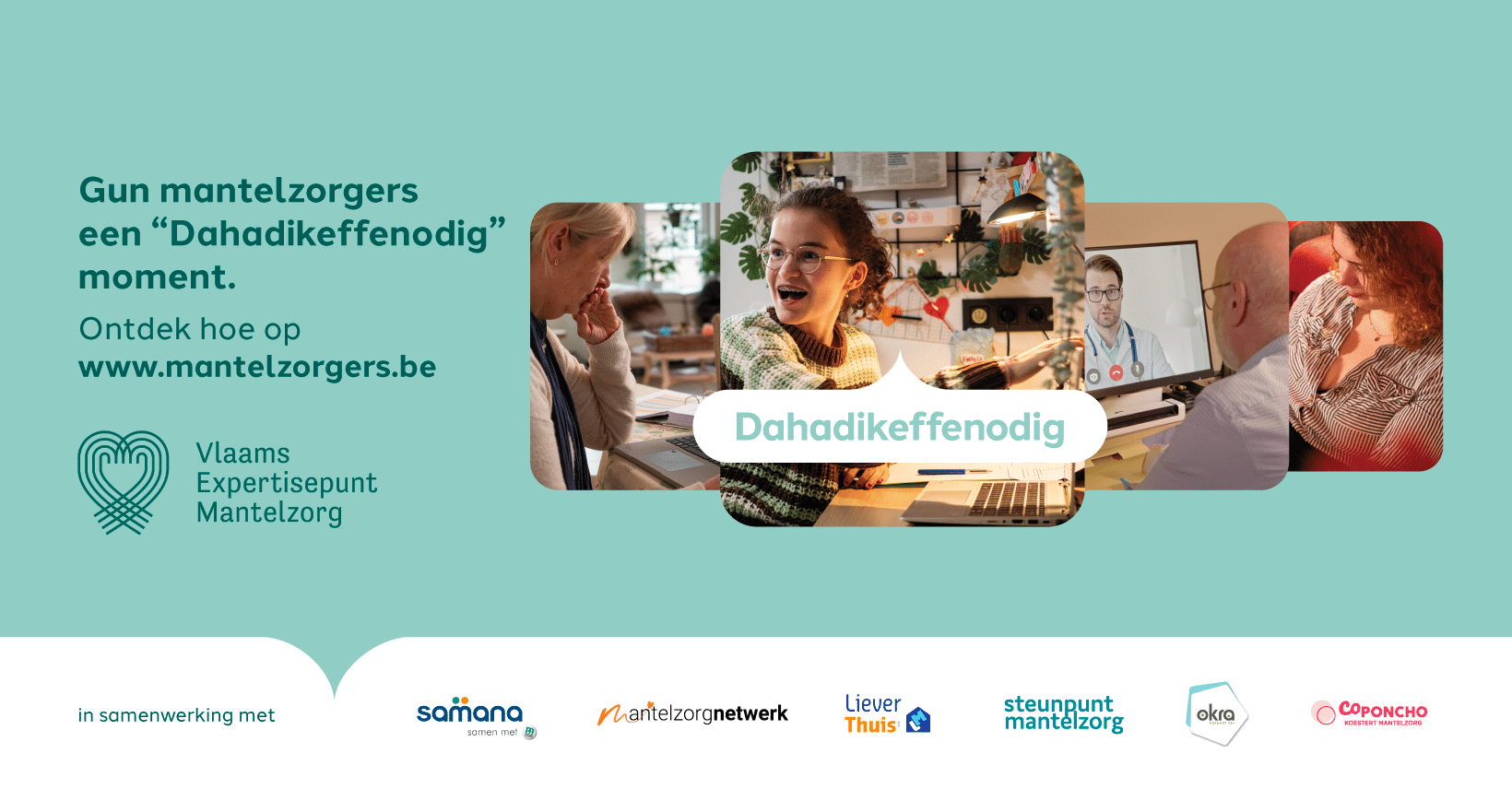Home About VIVEL History
History
History
The idea for a Flemish Institute for Primary Care has a long history and fits within the story of the birth of primary care in Flanders.
In the 1990s, the SITs or Samenwerkingsinitiatieven in de Thuiszorg (Home Care Collaborative Schemes) saw the light of day. The SITs were locally organised, but also had consultation bodies in place at provincial and Flemish level. But the idea of a ‘Flemish institute’ was left on the backburner for a while longer, even when the focus widened and the SITs folded into the SELs Samenwerkingsinitiatieven Eerstelijnsgezondheidszorg or SELs (Primary Healthcare Collaborative Schemes) in 2010.
First-line conferences
Its was Flemish Welfare, Public Health and Family Affairs Minister Jo Vandeurzen who set the reform of primary healthcare on the rails. To this end, he organised the first primary healthcare conference on 11 December 2010. This is where the first seeds were sown for the current reform.
One of the results to come out of the primary healthcare conference was the launch of the Samenwerkingsplatform Eerstelijnsgezondheidszorg (Primary Healthcare Collaborative Platform) in 2011. This consultation platform was made up of representatives from the healthcare and welfare sectors. This was the first time that primary care was given its own, cross-sector representation at policy level in Flanders.
From 2014, the 6th round of the reform of the Belgian state devolved further powers to the communities, in amongst other aspects in the area of the organisation of primary care. This in turn led to a thorough reform of the world of primary care: Six working groups set about tackling a variety of different topics whilst provincial consultation rounds and a scientific think-tank considered the results. The final result was presented in the shape of a policy vision document at the primary care conference of 16 February 2017. The document integrated two major approaches: on the one hand there is the team-based cooperation surrounding and together with the individual with the care and support needs and, on the other, the population-focused responsibility aimed at improving the accessibility and quality of primary care for the population of the primary care zone.
A Flemish Institute for the Primary Care
The policy vision document sparked various actions. One of which was the establishment of a Vlaams Instituut Voor De Eerste Lijn. Further to a thorough preparatory phase involving all stakeholders, ‘VIVEL vzw’ (Vivel not-for-profit organisation) was established on 14 January 2019. On 22 February 2019, the organisation’s bylaws were published in the Belgian Official Gazette. In May 2019, VIVEL was recognised by the Flemish Government as a partner organisation in the field of primary health and social care. VIVEL went operational in September 2019.
The way in which VIVEL is governed and operates is decided in unison with the sector. VIVEL’s General Meeting and Board of Directors reflect the primary care landscape, including the informal care providers and the local authorities. VIVEL's members undertake to act as a bridge between VIVEL and their member organisations in the broad sense. Which explains why ideas that have been developed and worked up within VIVEL are able to rely on broad-based support. To ensure this support continues to exist in times to come, VIVEL works closely with the sector, in amongst other things through project groups and learning networks.


